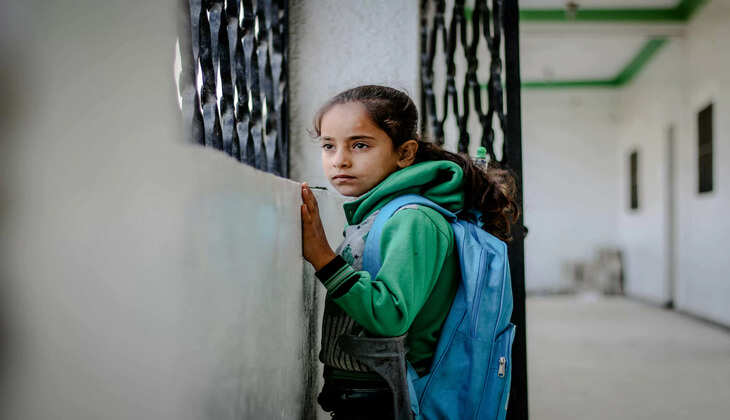How to identify child is depressed or not??

Identifying depression in children can be challenging as symptoms may manifest differently than in adults. However, here are some common signs and symptoms to look out for:
-
Persistent Sadness or Irritability: Children experiencing depression may exhibit prolonged periods of sadness, tearfulness, or irritability. They may seem consistently unhappy or moody, even in situations that would typically bring them joy.
-
Loss of Interest in Activities: Children with depression may lose interest in activities they once enjoyed, such as hobbies, sports, or socializing with friends. They may withdraw from social interactions and prefer to spend time alone.
-
Changes in Sleep Patterns: Depression can affect a child's sleep patterns, leading to difficulty falling asleep, staying asleep, or oversleeping. Some children may experience nightmares or frequent awakenings during the night.
-
Changes in Appetite or Weight: Depression can impact a child's appetite, resulting in changes in eating habits such as overeating or undereating. This may lead to significant changes in weight over time.
-
Fatigue or Loss of Energy: Children with depression may frequently complain of feeling tired, lethargic, or lacking in energy, even after getting adequate rest. They may have difficulty concentrating or completing tasks.
-
Physical Symptoms: Some children may experience physical symptoms such as headaches, stomachaches, or other unexplained aches and pains that do not have a clear medical cause.
-
Difficulty Concentrating or Making Decisions: Depression can impair a child's ability to concentrate, focus, or make decisions. They may have trouble keeping up with schoolwork or completing tasks that require sustained attention.
-
Feelings of Worthlessness or Guilt: Children with depression may express feelings of worthlessness, self-blame, or guilt over perceived failures or shortcomings. They may be overly critical of themselves and have low self-esteem.
-
Thoughts of Self-Harm or Suicide: In severe cases of depression, children may express thoughts of self-harm or suicide. They may talk about wanting to die or express feelings of hopelessness and despair.
-
Social Isolation: Depressed children may withdraw from social activities, avoid interacting with peers, or have difficulty forming and maintaining friendships. They may feel disconnected from others and prefer to spend time alone.
It's essential to remember that experiencing one or more of these symptoms does not necessarily mean a child is depressed. However, if you notice several of these signs persisting for an extended period or significantly impacting the child's daily functioning and well-being, it may be indicative of depression. If you suspect that a child may be depressed, it's crucial to seek professional help from a mental health professional or healthcare provider for evaluation and appropriate treatment.
